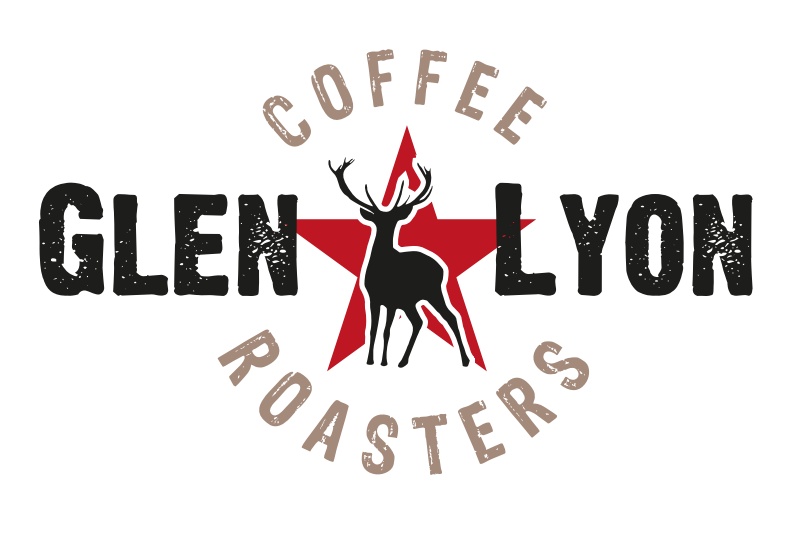An introduction to artisan coffee
Artisan coffee
The world of coffee is fast changing and it is a challenge to keep up with what is happening, but it is an exciting community to be immersed in, with great people who are passionate about what they do. At Zest Café we knew that we didn’t have enough knowledge so began our coffee journey in Holland with Joost Leopold who has over 20 years experience and judges barista competitions at an international level.
As consumers become more interested in product, origins and traceability so too has the specialty coffee trade developed with Artisan roasters. We use Glen Lyon artisan roasters for our delicious Red Stag espresso, a small roaster in Aberfeldy. The guys at Glen Lyon Coffee know who their farmers are and have spent a lot of time in Bolivia, learning about sustainability and the associated issues. So much effort is put in by farmers, research co-operatives and roasters to produce a great product that is ethical and traceable that we strongly feel that it is the responsibility of us as barista’s/café owners to respect that chain by producing drinks to the very best of our ability. In Holland we learned about the science behind the bean and studied all the different growing regions, processing and extraction methods. We tasted and developed brew recipes for beans from Costa Rica to Brazil in South America, Ethiopian Yirgacheffe, Kenyan and Rwandan coffees from Africa, and from Indonesia to Papua New Guinea in Asia. We are currently serving a delicious single origin Papua New Guinean bean for our filter coffee and loving it!
The role of the barista is an important one, and unfortunately in this country there is a lack of appreciation for the depth of skill required. To be a professional barista takes years of experience, a thirst for knowledge and passion for our trade. “Good barista’s must be good tasters of coffee. The barista must be able to recognise how variables in brewing affect the flavour in the one place it counts – in the cup.” (The Espresso Quest by Instaurator). It is little known that 90% of what you taste is reliant on your barista. The most delicious beans can taste awful in the hands of an inexperienced barista, and alternatively an experienced barista can draw a myriad of flavours from one bean, however this takes a lot of practice, experience and knowledge. A common complaint is of bitter tasting coffee, this can be attributed to a huge variety of mistakes. The most common of these is equipment which is not cleaned often enough, not using fresh/quality beans, lack of knowledge about grind setting and how to prepare the ground coffee for a perfect extraction. A great barista will be aware of all the variables, changes in room temperature, be able to produce multiple drink orders quickly and efficiently whilst keeping an eye on the rest of their team, and having a bit of banter with their customers.
It all comes down to personal taste though. We are changing our cup sizing down to a continental style away from the huge sizes of the chains focusing on quality and flavours instead of quantity. When we gave Flora (In Focus editor) try the lighter roast of Red Stag espresso she was taken aback by the difference in flavour from the mainstream with “I can’t believe that is coffee!” Lighter roasts boast a higher acidity, think Granny Smith apples as opposed to Golden Delicious. Acidity can be a good thing, allowing the fruity flavours to be tasted. Darker roasts commonly associated with traditional Italian style coffee have lower acidity due to the caramelising of the sugars during roasting resulting in more caramel and chocolate flavours. Both can be delicious, but we love the fruity tastes of the light roast. By the time this magazine goes to print we will have a choice of two different roasts and it’s your choice to find out which you prefer. Our choice is likely to be… are you a Red Stag or Grumpy Mule? Single origin coffees are also becoming more popular and can be from one country/area/farm depending on how far you want to go. By choosing a single origin you can really taste the flavours particular to the bean and environment it was grown in. Their tastes can vary immensely, but its great fun trying them and figuring out your favourites. A great place to try single origin espresso is Taste on North Street.
At Zest we are really proud of the development in our team and the resulting quality cup of coffee we can offer our customers, we still have a lot to learn but are excited about continuing our coffee journey. In June we are returning to Leopold Koffieschool in Utrecht and upon our return we will have three qualified Master Baristas. Our goal is to move into teaching and helping other businesses an opportunity to learn more by running SCAE (Speciality Coffee Association Europe) qualifications which are the industry standard across the world. We would love to be a part in seeing the standards in Scotland raised, and therefore raising expectations…watch this space!

